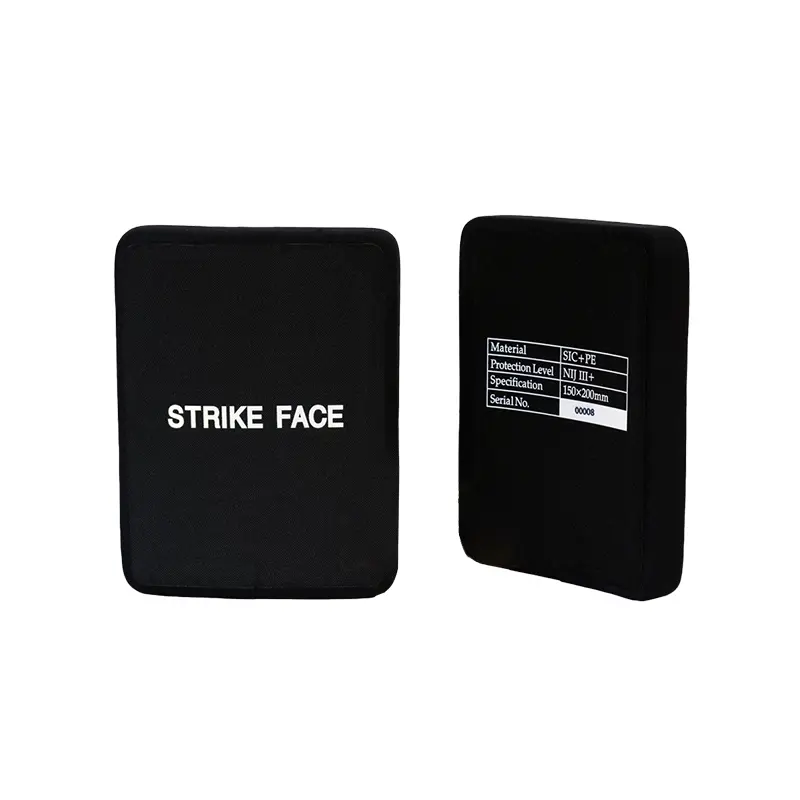Why Stopping a “Bad Guy With a Gun” Keeps Getting Harder from freeamfva's blog
Why Stopping a “Bad Guy With a Gun” Keeps Getting Harder
There is an inevitability to the pro-gun talking points trotted out after a major mass shooting. Guns don’t shoot people, people shoot people. This is a result of a mental health crisis—or spiritual rot—in America. The only thing that stops a bad guy with a gun is a good guy with a gun. To get more news about bullet proof vests, you can visit bulletproofboxs.com official website.
That last point has been particularly sticky, mostly because it gives pro-gun lawmakers something productive to push, other than prayer. After the Sandy Hook shooting in 2012 and, with greater gusto, after the Parkland shooting in 2018, lawmakers responded by pushing for the arming of teachers. In 2019, in the wake of that second shooting, Texas passed a law that allowed more teachers to be armed. Already, after the massacre at Uvalde on Tuesday, state officials are again advocating for guns in schools.
We can’t stop bad people from doing bad things,” Texas Attorney General Ken Paxton said on Fox News on Tuesday. “We can potentially arm and prepare and train teachers and other administrators to respond quickly. That, in my opinion, is the best answer.”

There are many problems with the proposal. First, it is deeply unpopular among teachers. Second, studies have found there’s no evidence that arming teachers—or implementing other measures “hardening” schools to defend against potential shootings—is actually effective in reducing deaths. In fact, evidence suggests that guns in schools are often misplaced or stolen and can increase the risk to students and teachers.
But there is another, more basic problem with the “more guns in schools” argument: Shooters are increasingly wearing body armor. Bullets won’t always stop them.
The gunman in the Sandy Hook shooting in Newtown, Connecticut in 2012, wore a bulletproof vest. The gunman in the Aurora, Colorado movie theater shooting wore tactical gear. The assailants in the 2015 San Bernardino, California attacks wore body armor. As did the gunmen in a Baptist church in Sutherland Springs, Texas, in 2017; a grocery store in Boulder, Colorado, last year; and in Buffalo, New York, this month, where ten people were killed and another three were wounded at a supermarket.
According to data from The Violence Project, a nonpartisan group researching gun violence, 21 mass shooters in the last 40 years have worn some form of body armor. Sixteen of those have been in the last decade. (The types of body armor included in the data range in efficacy, but a good number are bulletproof.) If you include the shooting in Buffalo, that comes up to 17—almost two-and-a-half times more than in the three decades before.
It’s hard to say how much body armor has worsened the violence. In at least one incident—the Sutherland Springs shooting—the first shots hit the gunman’s body armor and failed to take him down. (In Uvalde, it appears that the gunman was wearing a plate carrier vest without ballistic armor inside.) But body armor certainly has the ability to prolong these attacks.
In Buffalo, a security guard fired at the gunman. Because of the body armor, the shots didn’t stop him.
According to James Densley of the Violence Project, the idea of wearing body armor could be spreading among mass shooters themselves. “Wearing body armor may be another way of mass shootings conforming with cultural expectations about what a mass shooting should look like,” Densley said. “The fact the school shooting in Texas followed so soon after the shooting in Buffalo and body armor appeared in both suggests this may be the case.”
Post
| By | freeamfva |
| Added | Sep 26 '22 |
Tags
Rate
Archives
- All
- March 2025
- February 2025
- January 2025
- December 2024
- November 2024
- October 2024
- September 2024
- August 2024
- July 2024
- June 2024
- May 2024
- April 2024
- March 2024
- February 2024
- January 2024
- December 2023
- November 2023
- October 2023
- September 2023
- August 2023
- July 2023
- June 2023
- May 2023
- April 2023
- March 2023
- February 2023
- January 2023
- December 2022
- November 2022
- October 2022
- September 2022
- August 2022
- July 2022
- June 2022
- May 2022
- April 2022
- March 2022
- February 2022
- January 2022
- December 2021
- November 2021
- October 2021
- September 2021
- August 2021
- July 2021
- June 2021
- May 2021
The Wall